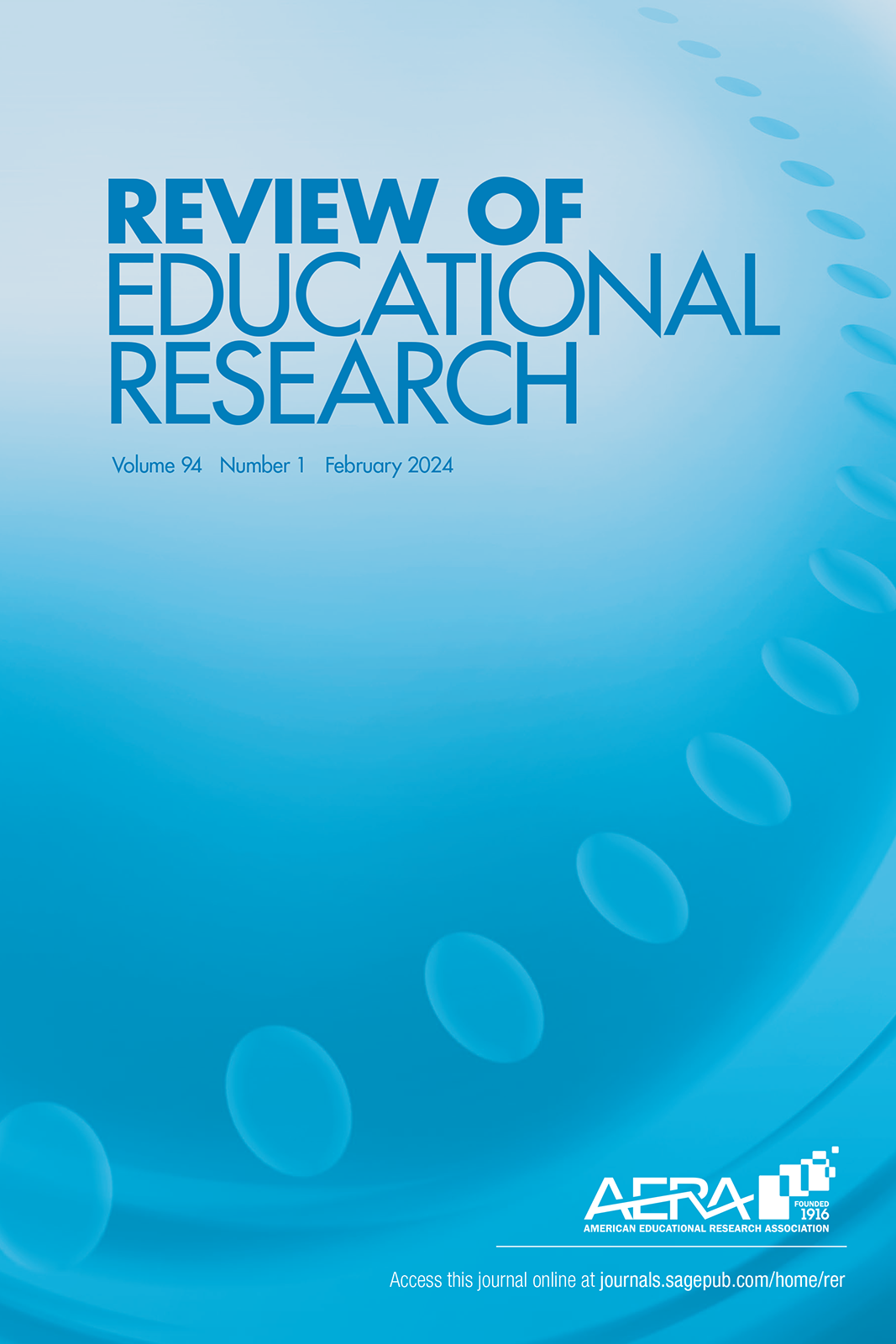学校教育如何影响认知技能的不平等?季节性比较研究的观点
IF 7.4
1区 教育学
Q1 EDUCATION & EDUCATIONAL RESEARCH
引用次数: 0
摘要
教育研究的一小部分分析了季节性收集的学校数据(将夏季与学年分开)。起初,这项工作主要以记录夏季的学习损失而闻名,但学者们已经认识到,观察夏季和学校期间不平等的变化为理解学校如何影响不平等提供了杠杆作用。基于这种分析技术的结果在某些方面证实了当前的观点,但在其他方面,模式挑战了现有的智慧。例如,黑人和白人在数学和阅读技能上的差距往往在有学校的情况下扩大得更快,这与学校加剧种族不平等的观点是一致的。但社会经济差距产生了相反的模式,这表明学校在这个维度上是补偿性的。在这篇评论中,我考虑了季节性研究背后的逻辑,它产生的经验模式,以及它引发的各种新问题。本文章由计算机程序翻译,如有差异,请以英文原文为准。
How Does Schooling Affect Inequality in Cognitive Skills? The View From Seasonal Comparison Research
A small subset of education studies analyzes school data collected seasonally (separating the summer from the school year). At first, this work was primarily known for documenting learning loss in the summers, but scholars have since recognized that observing how inequality changes between summer and school periods provides leverage for understanding how schools influence inequality. Results based on this analytic technique confirm current views in some ways, but in other ways the patterns challenge existing wisdom. For example, Black/White gaps in math and reading skills often grow faster when school is in versus out, consistent with the view that schools exacerbate racial inequality. But socioeconomic gaps produce the opposite pattern, suggesting that schools are compensatory across this dimension. In this review, I consider the logic behind seasonal research, the empirical patterns it has produced, and the kinds of new questions it motivates.
求助全文
通过发布文献求助,成功后即可免费获取论文全文。
去求助
来源期刊

Review of Educational Research
EDUCATION & EDUCATIONAL RESEARCH-
CiteScore
24.10
自引率
2.70%
发文量
28
期刊介绍:
The Review of Educational Research (RER), a quarterly publication initiated in 1931 with approximately 640 pages per volume year, is dedicated to presenting critical, integrative reviews of research literature relevant to education. These reviews encompass conceptualizations, interpretations, and syntheses of scholarly work across fields broadly pertinent to education and educational research. Welcoming submissions from any discipline, RER encourages research reviews in psychology, sociology, history, philosophy, political science, economics, computer science, statistics, anthropology, and biology, provided the review addresses educational issues. While original empirical research is not published independently, RER incorporates it within broader integrative reviews. The journal may occasionally feature solicited, rigorously refereed analytic reviews of special topics, especially from disciplines underrepresented in educational research.
 求助内容:
求助内容: 应助结果提醒方式:
应助结果提醒方式:


